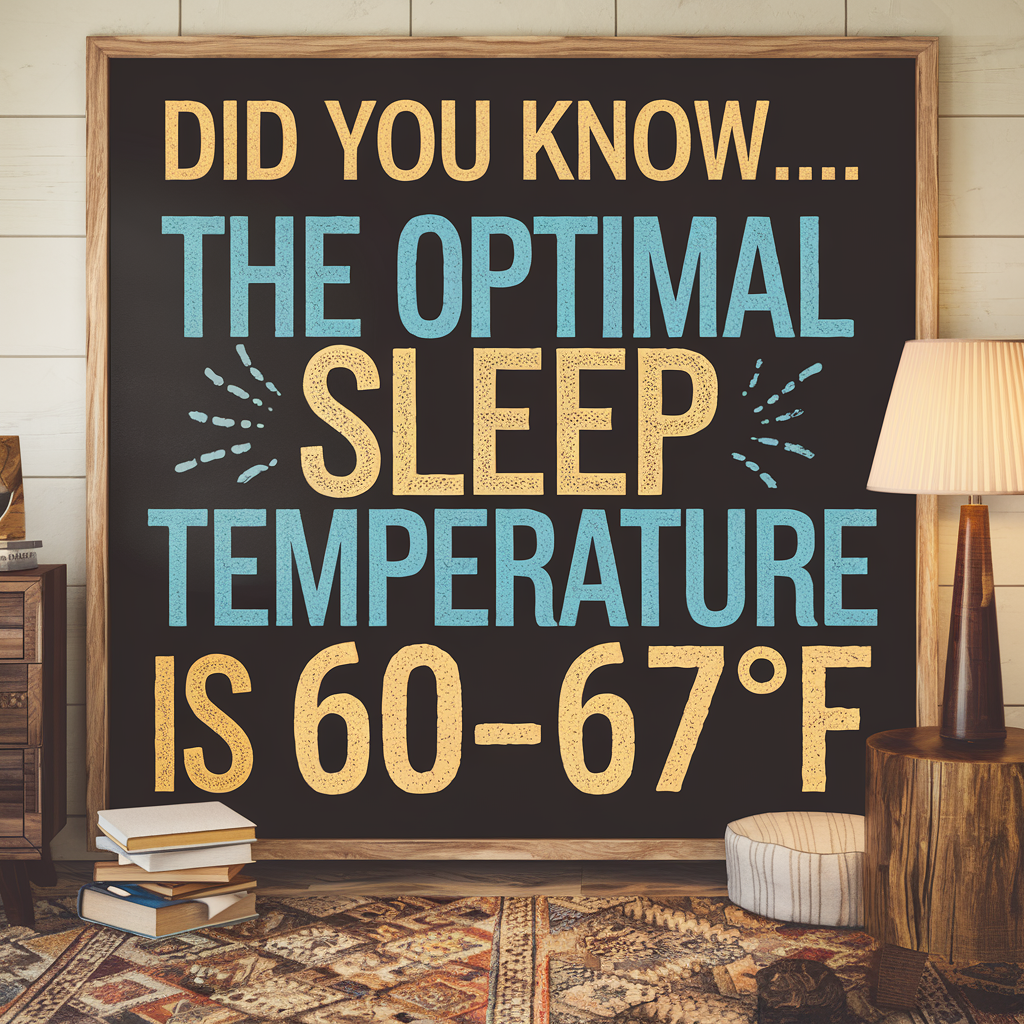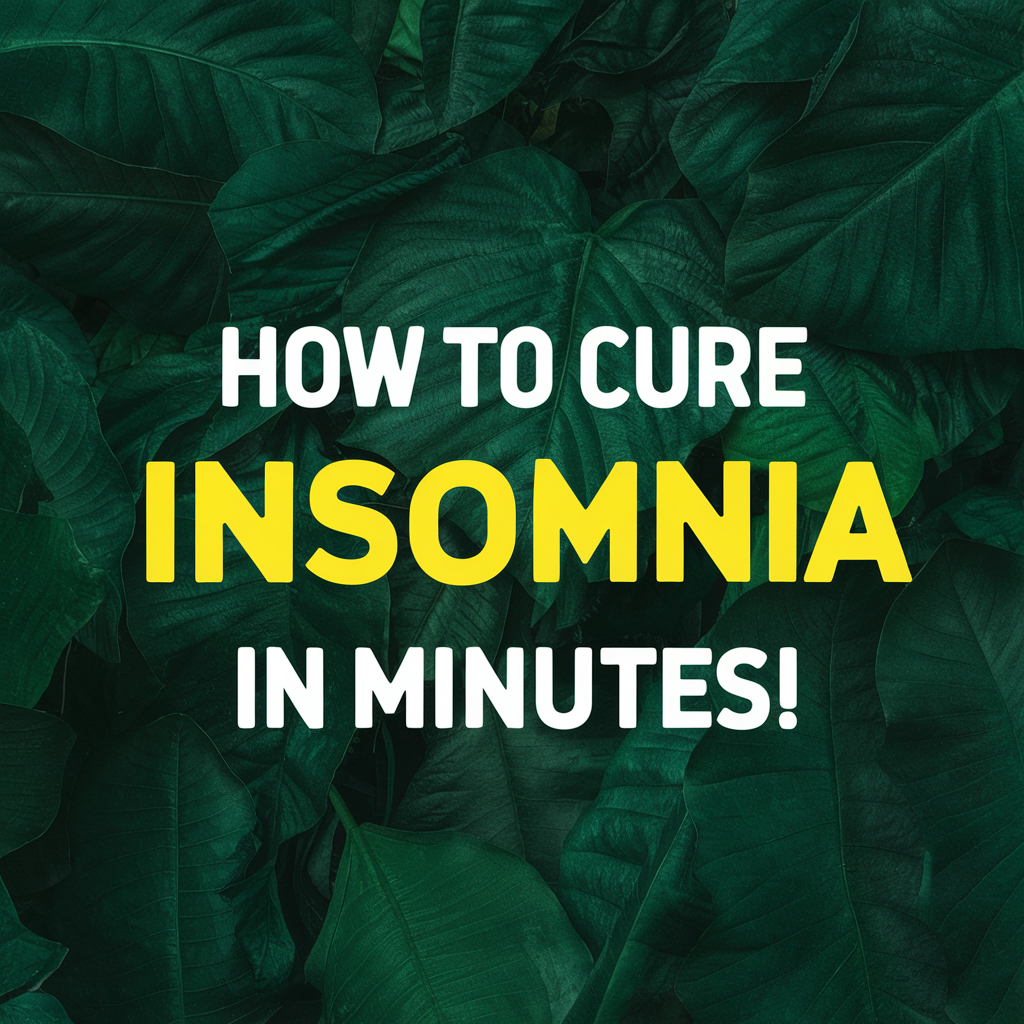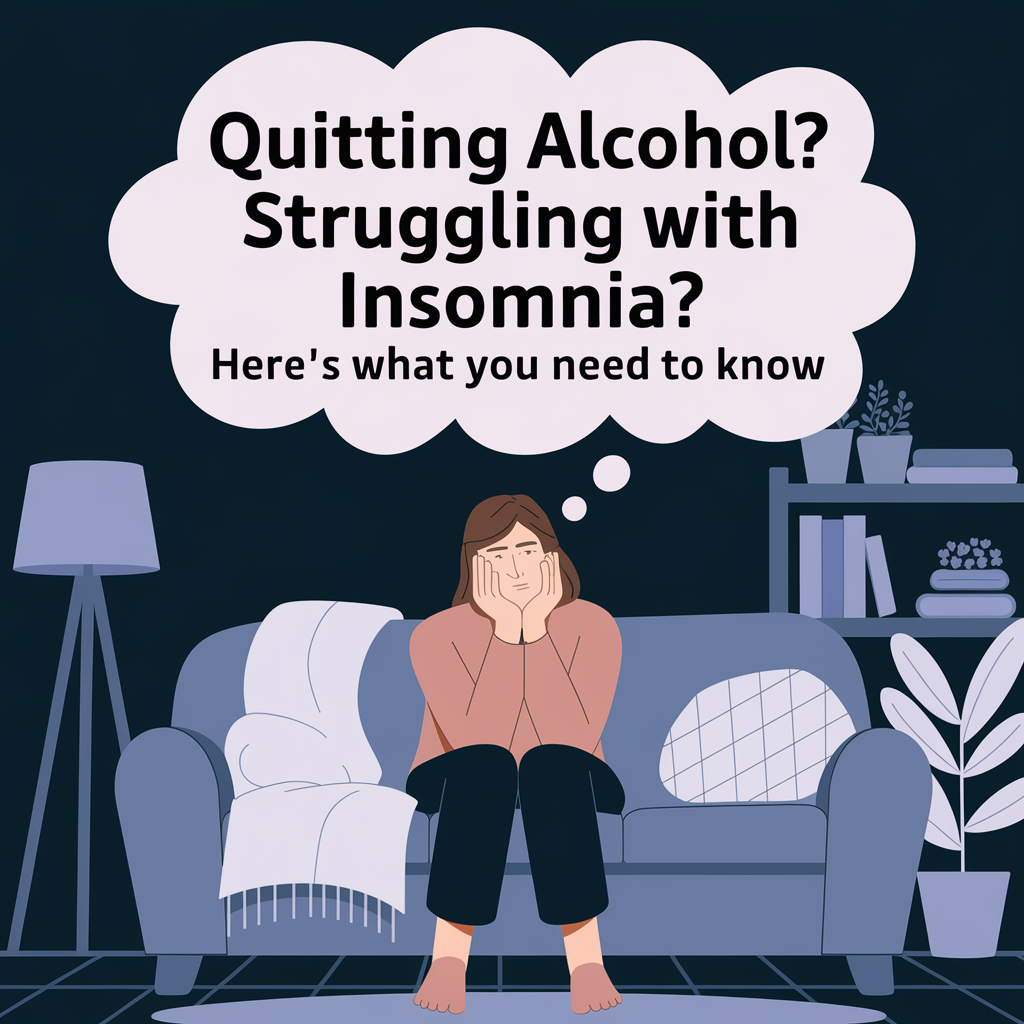
I kept waking up at 3AM every night—and it was ruining me
There was a stretch where I didn’t need an alarm clock—my body had one built in. Every single night, like clockwork, I’d wake up around 3:00AM. Not just once in a while—every night. And once I was up, I couldn’t go back to sleep. My brain would kick into high gear, the room would suddenly feel uncomfortable, and I’d lie there staring at the ceiling wondering what was wrong with me.
At first, I thought it was a random fluke. But after a few weeks of it happening night after night, it started to mess with my head. I was exhausted during the day. I dreaded bedtime. I even started to get anxious in the evening, already anticipating that 3AM wake-up. If you’re here because you’re waking up at 3AM every night too, I get it. It’s brutal.
I tried all the usual stuff—chamomile tea, melatonin, changing pillows. Nothing worked. It wasn’t until I took a step back and started really examining what was going on with my sleep that things started to change. And trust me, when I found what actually worked, it wasn’t some fancy supplement or overpriced gadget.
If you’re still tossing and turning and can’t fall asleep, or if your brain goes into overdrive the second you’re awake, that’s a huge clue. I dealt with both. This post on how I beat sleep anxiety at night helped me understand the connection between stress and those early morning wake-ups.

Why 3AM? The reasons I was waking up like clockwork
Once I started digging into why I was waking up at 3AM every night, I realized it wasn’t random—it was physiological. There are a few common reasons people wake up around this time:
- Cortisol spikes – Your body naturally starts preparing to wake up between 3AM and 5AM. But if you’re under stress, your cortisol levels can spike too early, jolting you awake before you’re ready.
- Anxiety or racing thoughts – My brain loves to throw a full-blown worry party at 3:07AM. That’s often because stress isn’t fully processed during the day, and your brain thinks nighttime is the time to solve everything.
- Temperature drops – Your body temperature lowers in the early morning hours. If your room gets too cold or you’re not using the right bedding, it can actually wake you up.
- Light or sound triggers – A passing car’s headlights or your refrigerator kicking on can be enough to wake a light sleeper. Especially if your environment isn’t optimized for deep, undisturbed sleep.
- Underlying fatigue or hormone issues – Things like adrenal fatigue can disrupt your natural rhythms and lead to these mid-sleep wake-ups, too.
I started to piece all of this together after reading more about why my brain races at night and how adrenal fatigue can mess with your sleep. Understanding the why behind the 3AM wake-ups helped me stop blaming myself—and start doing something about it.
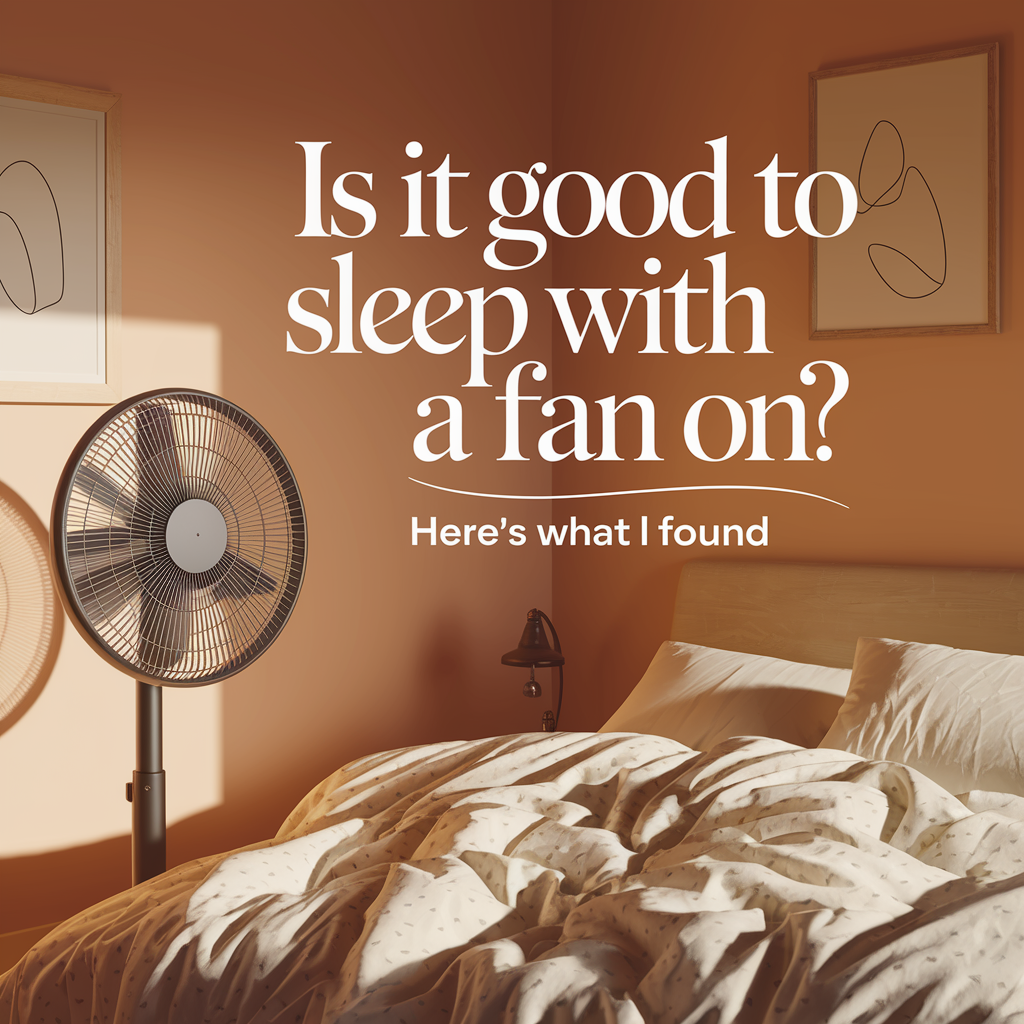
I started tracking my sleep—and spotted a pattern
After weeks of frustration, I finally started paying closer attention to what I was doing before bed—and what was happening on the nights I woke up at 3AM vs. the rare nights I didn’t. I didn’t buy some fancy sleep tracker or anything. I just started jotting a few quick notes in my phone each morning: What I ate. When I went to bed. How I felt mentally. And what time I woke up.
And that’s when the patterns started to show.
I noticed that on nights I had a late dinner—or any alcohol after 8PM—I was almost guaranteed to wake up at 3AM. Same thing if I scrolled my phone until the second I turned out the light. It’s like my brain didn’t get the memo that it was time to shut off. On the flip side, if I gave myself a little wind-down time (dim lights, no screens, maybe some reading), I either didn’t wake up or I fell back asleep a lot faster.

I also found that nights where I was more anxious or mentally overstimulated—like after a stressful day or watching the news right before bed—I’d wake up earlier and have a harder time settling down again. That’s when I knew I needed to focus more on my bedtime habits, not just my actual sleep.
One of the biggest game changers? Fixing my nighttime routine. I talk more about it in these sleep hygiene tips that actually worked for me, but the short version is: simple, consistent habits worked better than anything fancy. And they helped me stay asleep longer, even through the dreaded 3AM window.

The sound that kept me asleep (finally)
I didn’t think sound had anything to do with my 3AM wake-ups… until I turned off my fan one night.
Big mistake.
Without it, I could hear everything: my dog shifting in his crate, a creak from the hallway, a car driving past. I didn’t realize how much that steady hum of fan noise was helping me stay asleep—until it was gone.
That’s when I made fan noise part of my permanent sleep setup. Not just any fan either—I wanted something consistent, deep, and non-distracting. After trying way too many, I finally found the one that kept me asleep and masked the noises that used to wake me up every single night.
I broke down everything I tried in this article about the best fan for sleeping noise—because some fans are just too weak or too loud in the wrong way. If you’re waking up at 3AM because of noise, this is where I’d start.
And if you’re wondering whether it’s even a good idea to sleep with a fan on all night long, I had the same question. Here’s what I found out after doing it for years. Spoiler: it might be the easiest fix for your 3AM problem.

Making my room darker stopped early wake-ups
I used to think light wasn’t a big deal. My blinds were closed, and that seemed good enough… right? Wrong. Turns out even tiny slivers of light—from the porch light, passing cars, or the glow from a neighbor’s window—were enough to pull me out of deep sleep and leave me wide-eyed at 3AM.
The solution was so simple, I couldn’t believe I didn’t try it sooner: blackout curtains. Not the cheap thin ones either—actual blackout curtains that block out every bit of outside light. Once I put those up, it felt like my room transformed into a cozy, sleep-friendly cave. No more flickers of light messing with my brain’s internal clock.
Now, when I go to bed, the room is completely dark. And that darkness lasts until I choose to wake up. If you’re sensitive to light like me, or even if you’re just not sure why you’re waking up in the middle of the night, these blackout curtains were one of the easiest and most effective fixes I found.
And if you’re still falling asleep with a lamp or nightlight on—don’t. I used to do the same thing, thinking it helped me feel more relaxed. But in reality, sleeping with the lights on could be ruining your rest. Darkness really does matter.
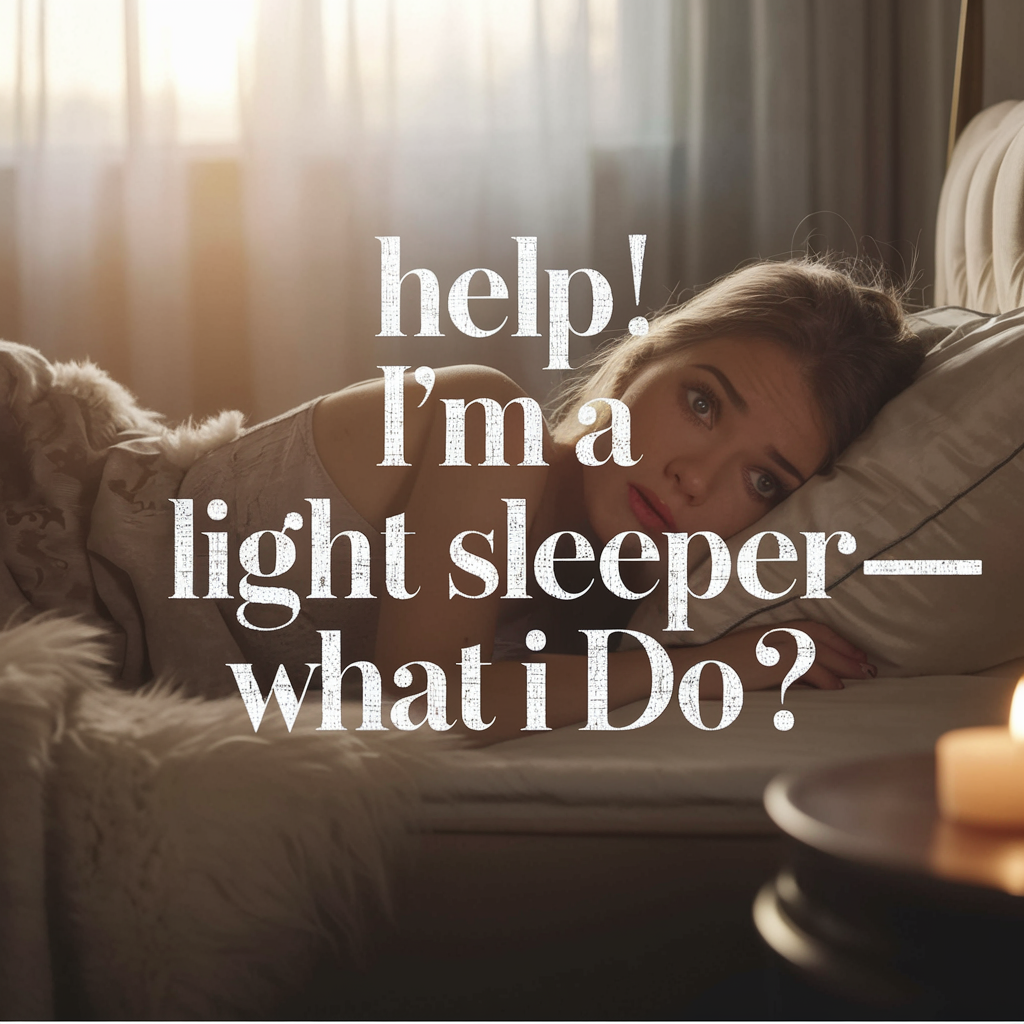
Cooling down helped me stay asleep longer
Here’s something I didn’t know until I looked it up: your body temperature naturally drops at night to help you sleep. But if your room gets too hot—or weirdly, even too cold—your body can wake up as it tries to readjust. And that’s exactly what was happening to me.
I’d fall asleep fine, but around 3AM I’d wake up sweaty, tossing the blanket off… or I’d be freezing because the temperature had dropped and I wasn’t layered right. It wasn’t until I started paying attention to my room temp and finding that “just right” spot that I started sleeping through the night.
Now I keep my bedroom between 64–66°F, run my fan for air circulation, and use breathable blankets. That combo helps my body stay in the right temperature zone all night. No more waking up in a panic because I’m either drenched or shivering.
If you’ve never played around with your room temp, start there. This is what I learned about the best temperature for sleep—and how it totally changed how long I actually stayed asleep.
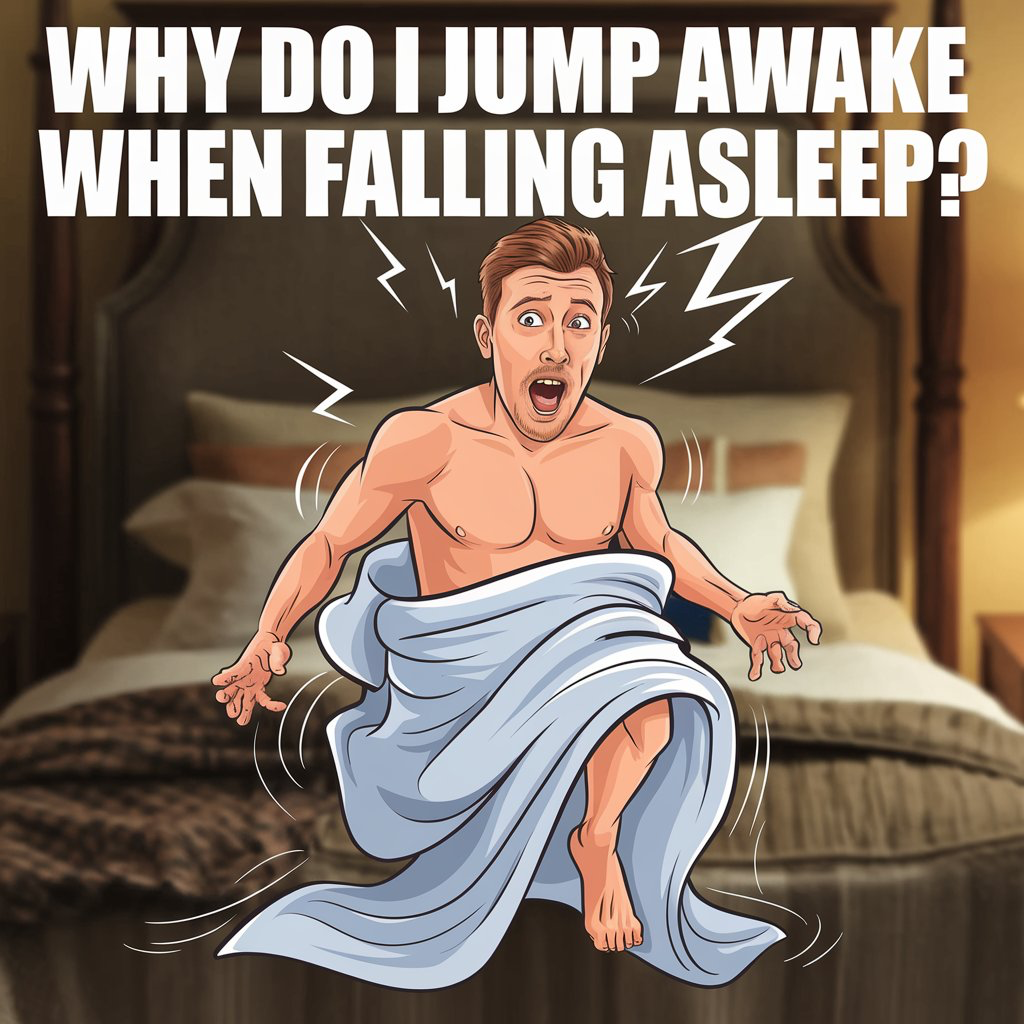
The 12-minute trick I use if I do wake up
Even with a great setup, it still happens once in a while—I wake up at 3AM, wide-eyed, and my brain immediately wants to start problem-solving or replaying that awkward thing I said in high school. The difference now? I don’t panic. I’ve got a plan.
Instead of tossing and turning or grabbing my phone (which never helps), I do this little 12-minute reset that’s saved me so many nights:
- I sit up slowly and take a few deep breaths.
- I stretch my back and neck gently—nothing crazy, just enough to loosen tension.
- I either focus on a simple breathing pattern (like inhale 4, exhale 6) or silently pray to calm my thoughts.
- If my brain still won’t settle, I turn on a low-volume guided meditation or some soft ambient noise—not my phone screen, just sound.
Almost every time, I’m back asleep within minutes. No more spiraling. No more staring at the ceiling until sunrise.
If you want a more specific version of this, this 12-minute fix for insomnia breaks it down better than I ever could. It’s simple, calming, and honestly became a huge tool for me when I was stuck in that 3AM cycle.

Waking up at 3AM every night doesn’t have to be your norm
I know how hopeless it can feel to wake up at the same time every single night and not know why. I used to dread going to bed because I already expected to be up again in the dark hours, wide awake and frustrated. But once I started making small changes—better sound, darker room, cooler air, and the right bedtime habits—everything shifted.
Sleep isn’t about being perfect. It’s about creating a routine and an environment that actually works for you. And if you’re waking up at 3AM every night like I was, there’s probably a reason—and a way to fix it.
Need a place to start? I put everything I’ve learned over the years into this guide on overcoming sleep problems. It covers what’s helped me stay asleep, fall asleep faster, and stop feeling like I was broken every night.
You don’t have to keep struggling. You don’t have to accept 3AM as your new normal. It took me some time, but I got there—and you can too.
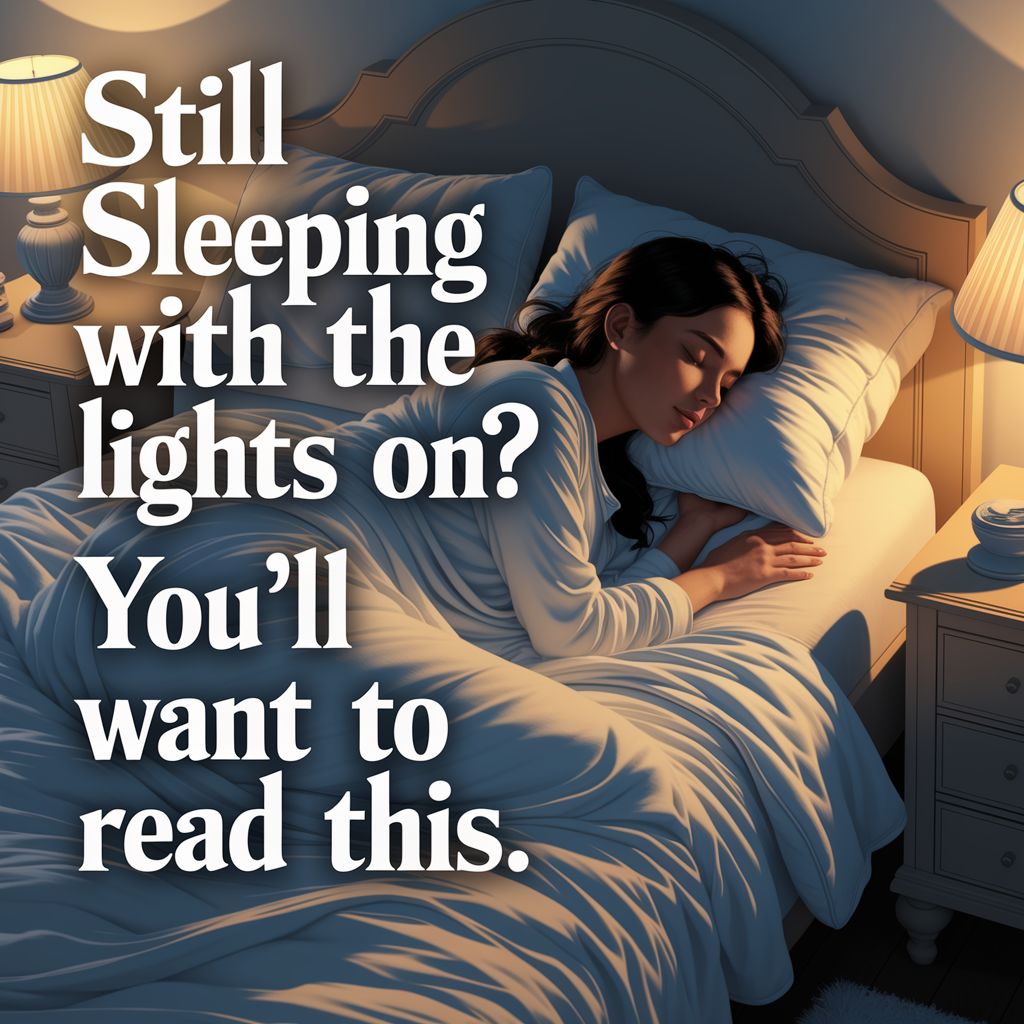
My “Stay Asleep” Checklist That Finally Worked
If you’re waking up at 3AM every night and don’t know where to start, here’s the exact checklist I built for myself. It wasn’t complicated—it was built from trial, error, and the stuff that actually worked for me (after trying everything else).
1. Turn on a fan before I even think about getting in bed
This sets the tone. That low, steady hum masks random sounds and helps me stay asleep. The one I use now is a game-changer—this is the fan I swear by.
2. Drop the thermostat and layer up right
I aim for 65°F, but the key is consistency. Not too hot, not too cold. This breakdown of the best sleep temperature helped me dial it in.
3. Shut blackout curtains tight
Total darkness is non-negotiable now. I didn’t realize how much ambient light was messing with my sleep cycles until I switched to real blackout curtains.
4. Give myself 30 minutes to wind down
No phone. No TV. Just quiet. Reading or a slow scroll-free routine made all the difference. These sleep hygiene tipshelped me build a routine I could actually stick to.
5. Keep a calm mindset if I do wake up
Instead of fighting it, I reset. Deep breaths, small stretch, prayer, or a reset track. And if I need it, I fall back on this quick 12-minute reset.
6. Don’t stress about sleep anymore
The more I obsessed over sleep, the worse it got. Now, I trust the setup I’ve created. It’s not perfect, but it works—and I sleep better now than I have in years.
Waking up at 3AM every night used to feel like torture. Now it’s rare. And when it does happen, I’ve got tools in place that help me handle it without losing the rest of the night. If you’re in that same boat, know this: your sleep can get better. You just have to build the environment that lets it happen.
As an Amazon Associate we earn from qualifying purchases through some links in our articles.
